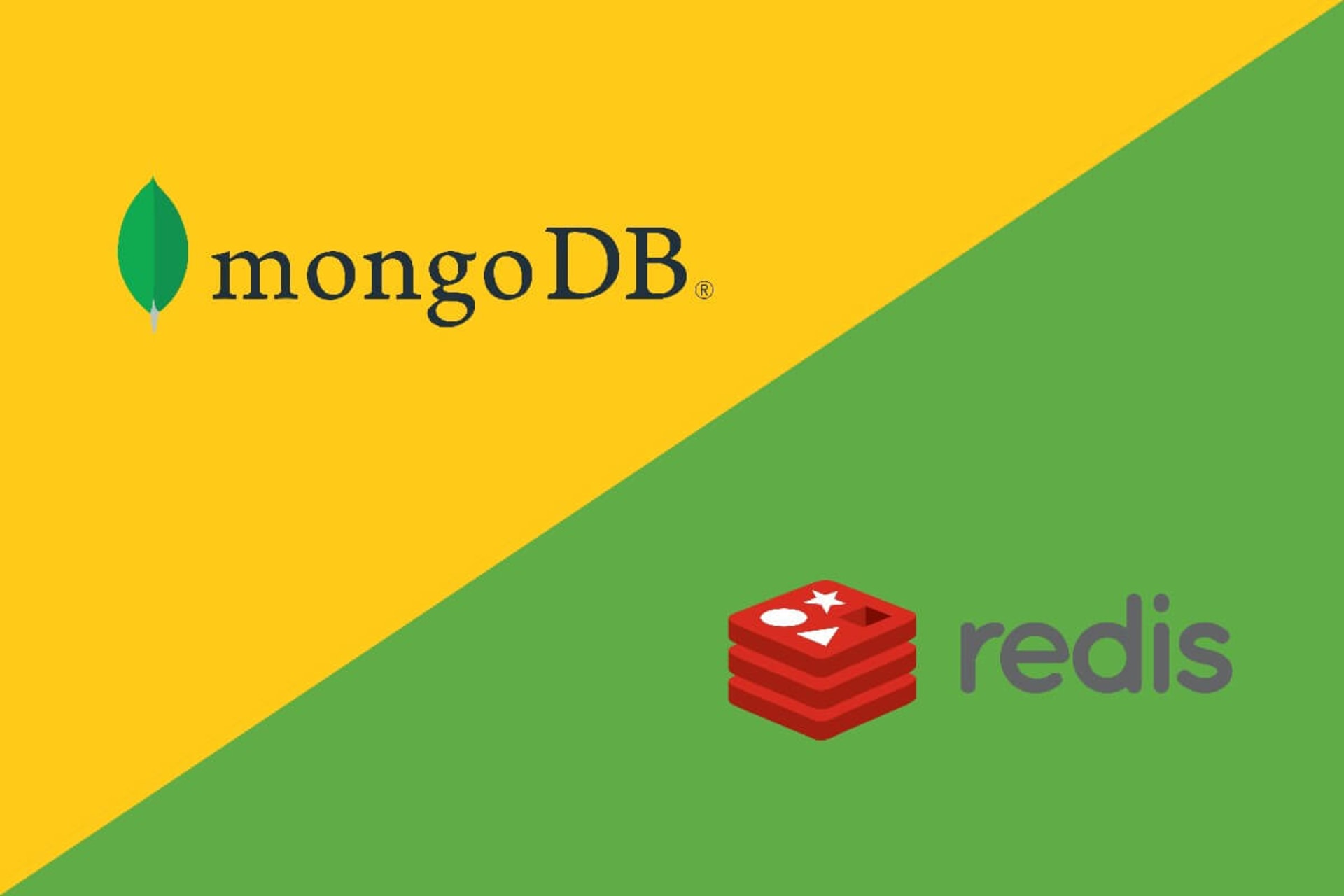It’s 2024. Data-heavy environments are the norm. NoSQL databases have become indispensable for sifting through large amounts of unstructured and semi-structured data. Unlike SQL databases, NoSQL databases don’t need to define a strict schema, so they are more flexible and adaptable.
Choosing the right NoSQL database prevents the bottlenecks, downtime, and potentially costly overhauls that sometimes come with scaling a business.
Chances are, during your research, you’ve come across two household names: MongoDB and Redis.
Both databases are powerful, but which one best suits your needs? At BairesDev, we regularly use both for large-scale enterprise software projects. In this guide, I’ll share the key differences between MongoDB and Redis, real-world use cases, and a few insider tips to help you make the right choice.
Yes, Choosing the Right NoSQL Database Matters. A lot.
Choosing the right NoSQL database for your business needs prevents costly overhauls down the road.
Picture this: You’re halfway through developing an AI-driven recommendation engine for a major e-commerce platform. Data is growing a lot faster than expected. Queries are taking forever, and your database crashes. It’s now become a huge bottleneck that could delay delivery or worse, require an expensive overhaul. Now your neck is on the line.
That’s why it’s so important to understand the strengths and weaknesses of NoSQL databases like MongoDB and Redis. Let’s break down areas where each database shines.
1. Speed. Winner: Redis
We regularly help clients with projects that involve handling millions of real-time transactions per minute. (Think: trading platforms, live-streaming analytics, ad bidding systems) In this case, speed is non-negotiable. Mere millisecond delays could lead to massive losses for our clients.
Redis is the obvious choice for speed, thanks to its in-memory data storage. It can retrieve data fast—often in less than a millisecond—making it perfect for caching frequently accessed data.
Companies like Twitter, GitHub, and Snapchat love Redis. After all, their users want real-time notifications without lag. Snapchat, for example, relies on Redis to deliver smooth, real-time interactions during high-traffic events like major sports games.
On Redis.io, one of their customers state:
RediSearch eliminates the performance bottlenecks by allowing users who index the database to index the data sets and align querying an aggregate in a real-time manner. RediSearch’s ability to execute this query in sub-millisecond latency is truly a game changer.
Harish Kathpalia
Lead Software Engineer, Capital One
MongoDB, on the other hand, stores data on disk. It’s not slow, per se. But it’s definitely more suitable for dealing with complex datasets and relationships. MongoDB’s document-based storage shines when companies need to run complex queries across massive datasets. (In this case, handling diverse data structures is more important than raw speed).
2. Complex Queries. Winner: MongoDB
MongoDB is well-known for its flexibility and shallow learning curve. It’s preferred for agile environments, where data structures might change over time. For example, startups might use MongoDB to iterate quickly on MVPs, without the constraints of rigid schemas.
MongoDB can also be helpful for e-commerce platforms that might need a database to handle everything from catalogs to transaction histories. MongoDB stores different types of documents in the same collection, and can run complex queries across them.
Let’s say a retailer wanted to generate a report on sales trends. He needs to combine data on customer purchases, product categories, and seasonal demand. MongoDB is a strong choice here. It can run aggregation queries to cover multiple datasets, allowing the retailer to gather and review advanced analytics with ease.
In short, MongoDB is simple and intuitive to use, making data retrieval and analysis a breeze.
Redis, on the other hand, is not designed for multi-document transactions or deep aggregations. In the example above, Redis would not be a good choice for managing deep relationships or performing advanced data analysis.
Final verdict: MongoDB is the clear winner.
3. Scalability. Winner: It Depends.
Both MongoDB and Redis handle scaling well but in different ways. MongoDB’s horizontal scaling through sharding distributes large datasets across multiple servers. This allows you to handle a lot more data and users without slowing down. Horizontal scaling is ideal for high-traffic applications, where you might anticipate thousands of concurrent users.
Redis focuses on vertical scaling through master-slave replication. Instead of distributing data across multiple servers (sharding), Redis replicates data from a master node to secondary nodes. This means it’s more ideal for in-memory applications where speed is critical, but data sizes are smaller. Vertical scaling is ideal for applications like real-time leaderboards in a multiplayer game, where you might need lightning-fast updates, but the datasets aren’t massive or complex.
4. Comparing MongoDB vs. Redis Features
| Choose MongoDB if you’re dealing with | Choose Redis if you need: |
|
|
5. Cost Considerations
Both MongoDB and Redis offer free versions. The cost scales based on your needs.
MongoDB Atlas, the managed cloud solution, can get pricey when you start adding features like backups, sharding, and high availability. That said, the cost is often justified for projects with complex data models and a need for robust querying.
Redis Enterprise, while offering a free tier, can also become expensive as you scale, especially if you require persistent storage or high availability across multiple geographies. However, given Redis’s unmatched speed, many companies find it worth the investment for real-time applications where every millisecond counts.
The Bottom Line: Redis or MongoDB—Which One Should You Choose?
If your project requires real-time data access, in-memory caching, or low-latency workloads, Redis is your best bet. It’s the choice for performance-first applications, where speed and simplicity are critical.
However, if you’re building an application that requires more complex data handling—such as e-commerce platforms, CRM systems, or apps that need to handle constantly changing data structures—MongoDB will give you the flexibility and power you need.
Pro Tip: Sometimes, we use both Redis and MongoDB together, leveraging Redis for caching and real-time data while MongoDB handles the deeper, more complex data operations. This hybrid approach gives us the best of both worlds—lightning-fast performance for time-sensitive tasks and the flexibility of MongoDB for everything else.







